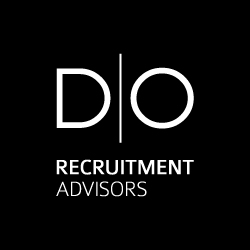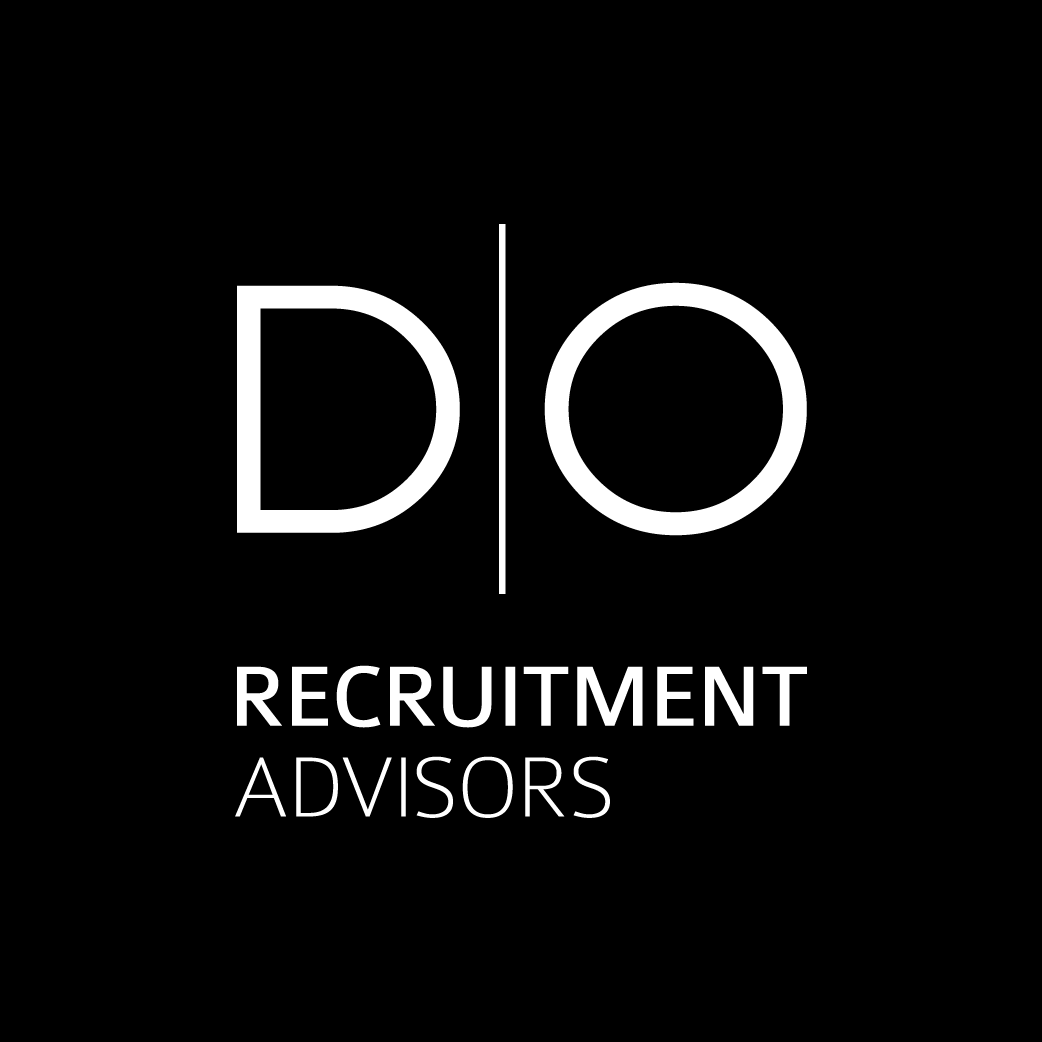
The interview
Many of our candidates ask us for advice on how to best present themselves at interview. If one is entering the job market for the first time, or after a long period in the same position, this can often be a daunting task. Remember that regardless of your ‘on paper’ experience, the impression that you convey at interview is usually the make or break deciding factor.
So, be the best you can be. If you want this job, you need to show it.
Preparing your meeting
Good preparation is paramount to perform well at interview. It will also give you confidence, and help calm any nerves. Preparation can be both practical and knowledge based.
Key elements
- Ensure you have all relevant details such as time, date and interview location, as well as the interviewer name(s) where appropriate. It is important that you take personal responsibility for these details and chase your consultant if they have not been provided – remember that your interview is one of many they are involved in every day.
- Plan your journey and factor in the chance of delays. DON’T be late. You may work long hours and be under time pressure, but if you are interviewing at another firm the chances are your interviewer is in a similar situation.
- Research the firm you are interviewing with, the role you are interviewing for, and your interviewer’s background if relevant. Information sources include the internet, social media, specialist sites, friends and us (your recruitment consultant). Think about the institution’s background, current projects, culture.
- Make sure you know your CV ! Check dates of employment as these may have to be confirmed. Ensure that you are able to relate your discussion back to points you have raised on your CV.
- Wear professional clothing. Ensure that you are clean and try to look polished. Makeup, if worn, should be conservative (the jobs we recruit for are mainly within the financial services / corporate world – adapt to the company you are interviewing for).
Body Language
This is an extremely important, and often ignored, part of an interview. It is said that a person will form an opinion of you in the first five minutes of a meeting. This is often based on a sub-conscious reading of your body language.
- A good handshake gets you off to a great start. It should be firm without crushing their hand!
- Smile.
- Don’t fidget. Practice a comfortable way of sitting before you go to the interview. Don’t play with your hair, clothes, pen or business card; it will seem as though you are bored, and not paying attention. It will also imply nerves.
- Maintain natural eye contact, and, in the case of multiple interviewers, look at who is talking to you if there are two interviewers, for example. When giving your answer shift your gaze between the two, to involve both in the discussion.
- Use affirmative actions such as nodding and saying ‘yes’ and ‘mmm’ as the interviewer speaks (everything in moderation of course). This will show that you can listen and understand.
The Interview content
Interviews can vary hugely, from very formal, to completely relaxed.
To increase your chances of receiving a job offer, you will need to learn how to confidently and successfully respond to questions.
- Practice your answers to questions, both mentally and actually out loud. Generally:
- Ensure your answers are concise but not abrupt.
- Avoid waffling or going off at tangents. Although you may feel you have not had the chance to discuss all your skills, the interviewer will have ensured they have gleaned all relevant information for that stage.
- Remain positive – avoid speaking negatively about your former employer (remember Luxembourg is a very small place); people like to work with positive people.
- Think before you speak! If you are faced with a technical question, problem solving exercise or unexpected topic, take a deep breath and give yourself time to collect your thoughts. This will demonstrate that you are not repeating information parrot fashion, but have the reasoning skills essential to succeed in this market.
- If you don’t know – admit it! Ideally this should only happen once or twice, though! Be honest and open – never lie.
- Even if, half way through, you feel the role is not for you, continue as you would for a position you love. You may wish to interview with the same company in the future for another role, or may deal with them in another capacity. The job market is a small place and if you appear indifferent, arrogant or rude it will be noted and remembered. Your interviewer has given their time, and wants to feel it has been well spent, even if it is only to establish that you are not right for this particular role, so remain professional and honest at all times.
The Close
Thank the interviewers for their time. Give a good firm handshake and show eagerness.
Make sure you are prepared with a couple of questions to ask at the end of the interview. These questions should encompass a demonstration of your knowledge and enthusiasm for the company, and show you have a real interest in its running. Don’t use this time to discuss salary or benefits – it implies money is your only motivator!
Conclusion
You are half way there. The company you are interviewing with liked what they saw in your CV. An interview is your opportunity to reinforce your ‘on paper’ experience with ‘in- person’ excellence.
Remember – be yourself, and use the pointers above to enhance your overall performance. Always call our consultant as soon as you leave an interview – if it went badly, rather you acknowledge this, and the company may feel that your honesty and ability to admit your mistakes warrants another interview – if it went well, you want to let the company know that you are keen as soon as possible. Good luck!
Would you like additional information on this subject? We would be delighted to give you a copy of our brochure “HELPING YOU GET THAT JOB”. We have compiled a guide of tips and advice to help our candidates through the recruitment process. This is available in both hard and soft copies. Please feel free to contact us at contact@dorecruit.com
PEOPLE DO MATTER



